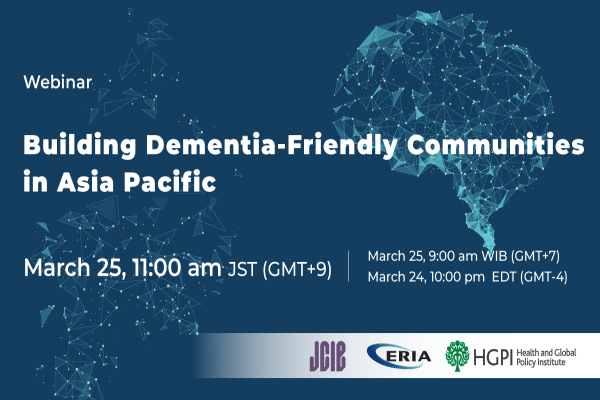As we face an era of global aging, the number of people living with dementia is projected to double by 2040, and the majority will be living in low- and middle-income countries (LMICs). Such regions have fewer of the resources needed to cope with dementia-related care compared to high-income countries. As the disease progresses, increasing care and support is needed for people with dementia and their caregivers. The World Health Organization (WHO) states that “increasing public awareness, acceptance and understanding of dementia and making the societal environment friendly will enable people with dementia to participate in the community and maximize their autonomy through improved social participation.”
In order to help explore this issue, JCIE, the Economic Research Institute for ASEAN and East Asia (ERIA), and the Health and Global Policy Institute (HGPI) have come to together to host a webinar bringing together a panel of experts from Indonesia, Japan, and the United States. These experts shared the latest insights on how the global community can work hand-in-hand to promote dementia-friendly communities in ways that make sense for LMICs and HICs alike.
Key Takeaways
- Dementia concerns everyone in society, and dementia-friendly communities have the power to change the way people think about dementia.
- There is a need to recognize the integral role caregivers play in dementia. More financial resources should be allocated for caregivers, who often have to balance work and caregiving, such as schemes providing paid family leave for those who live with people with dementia.
- At the grassroots level, the key is to identify champions who could provide positive impact and lead by example, showing that people with dementia also deserve meaningful social interaction.
- Translating scientific evidence is crucial in formulating effective practices, but optimizing such practices to ensure that they are addressing the local needs of people living in the communities is equally important. For that, collaboration between government entities and the local communities is indispensable.
- The issue of stigma persists. People are afraid to be diagnosed with dementia and are reluctant to speak about their condition. In order to alleviate such stigma, we can learn from past advocacy approaches taken with regard to other conditions like cancer. Such cross-disease collaboration may be a potential area for further investigation.
- As seen in the response to COVID-19, solidarity is also a keyword in tackling dementia. Solidarity among government and other sectors, regions, generations, and even internal solidarity within organizations is critical in making global activities concrete and operationalized.
Event Details
When: Wednesday, March 24 (US) | Thursday, March 25 (Asia)
Panelists (see bios below):
Moderator
RYOJI NORITAKE, CEO, Board Member, Health and Global Policy Institute
Presenters
RAJIV AHUJA, Associate Director, Milken Institute Center for the Future of Aging
RYOMA KAYANO, Technical Officer, WHO Centre for Health Development (WHO Kobe Centre)
DY SUHARYA, Regional Director, Alzheimer’s Disease International (ADI) Asia Pacific Region; Founder, Alzheimer’s Indonesia
Co-hosts
KIM ASHIZAWA, Senior Advisor, Japan Center for International Exchange (JCIE/USA)
OSUKE KOMAZAWA, Special Advisor on Healthcare & Long-Term Care Policy, ERIA
Platform: YouTube
Language: English
Organizers: Japan Center for International Exchange (JCIE), Economic Research Institute for ASEAN and East Asia (ERIA), Health and Global Policy Institute (HGPI)
Speaker Bios
Moderator:
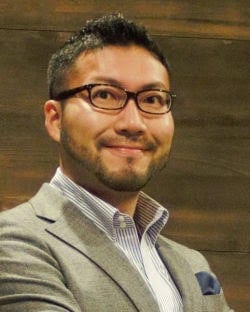
Ryoji Noritake, CEO, Board Member, Health and Global Policy Institute
Mr. Ryoji Noritake is the CEO, Board Member of Health and Global Policy Institute (HGPI), a Tokyo-based independent and non-profit health policy think tank established in 2004. He is a graduate of Keio University’s Faculty of Policy Management, holds a MSc in Medical Anthropology from the University of Amsterdam, the Netherlands. He served as a Visiting Scholar at the National Graduate Institute for Policy Studies (2016-2020) and a member of Tokyo Metropolitan Government’s Policy Discussion Roundtable for Super Ageing Society (2018). He is currently a member of the Government of Japan’s Dementia Innovation Alliance Public and Private Sector Working Group.
Panelists:
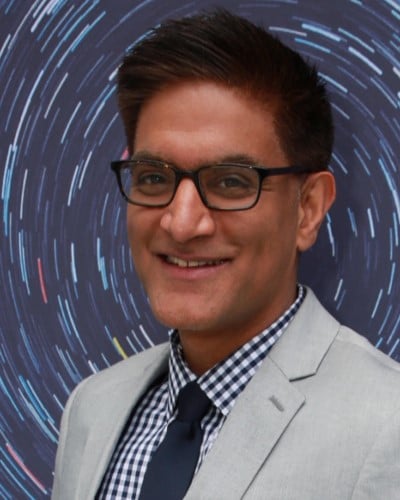
Rajiv Ahuja, Associate Director, Milken Institute Center for the Future of Aging
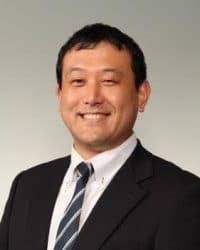
Ryoma Kayano, Technical Officer, WHO Centre for Health Development (Kobe Centre)
Dr. Ryoma Kayano joined the WHO Kobe Centre in 2015, having previously worked at Nagasaki University School of Medicine as assistant professor in charge of the promotion of research activity and international collaboration. He currently works as a focal point of health emergencies, responsible for the communication with local/national government in Japan, WHO HQ, and the Regional Offices. As the responsible officer for Health Emergency and Disaster Risk Management (Health EDRM), he coordinates the work of the secretariat for the WHO Thematic Platform for Health EDRM Research Network (Health EDRM RN) and facilitates global research collaboration and related activities. Based on his background in psychiatry, he also engages in the Kobe Centre’s research activities regarding mental health and dementia. After graduating from medical school, Dr. Kayano began his career as a general practitioner, working with vulnerable populations such as older populations and people with disabilities. In 2011, he worked with disaster survivors of the Great East Japan Earthquake as a member of Tokyo Metropolitan Disaster Relief Team.
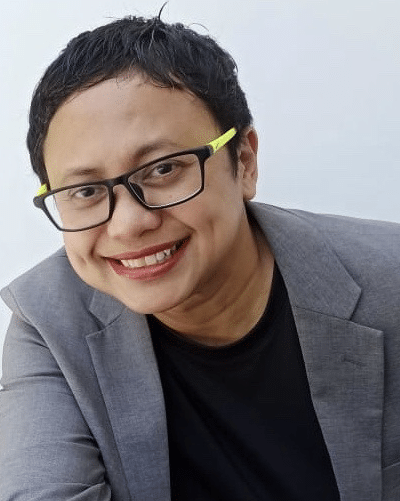
DY Suharya, Regional Director, Alzheimer’s Disease International (ADI) Asia Pacific Region; Founder, Alzheimer’s Indonesia
Ms. Suharya has more than 20 years of experience in public health, public-private partnerships, and communication, having worked as a health communication consultant with the World Bank, WHO, and UNICEF. After her mother was diagnosed with dementia in 2009, Ms. Suharya was inspired to improve the quality life of people with dementia and their caregivers and raise awareness about dementia and Alzheimer’s disease through the establishment in 2013 of a nonprofit organization, Alzheimer’s Indonesia. Her mother passed away in April 2017, but the legacy continues through Ms. Suharya’s work both with Alzheimer’s Indonesia and as the regional representative for ADI in Asia Pacific. Since 2016, she has taken the lead in supporting 20 ADI members in the Asia-Pacific region to strengthen members on advocacy, partnership, capacity building and outreach programmes in the region. DY holds an MPH from Curtin University Perth (Australia), a BA in Journalism from Ohio State University (USA), and a Diploma in English Literature from the University of Indonesia.

